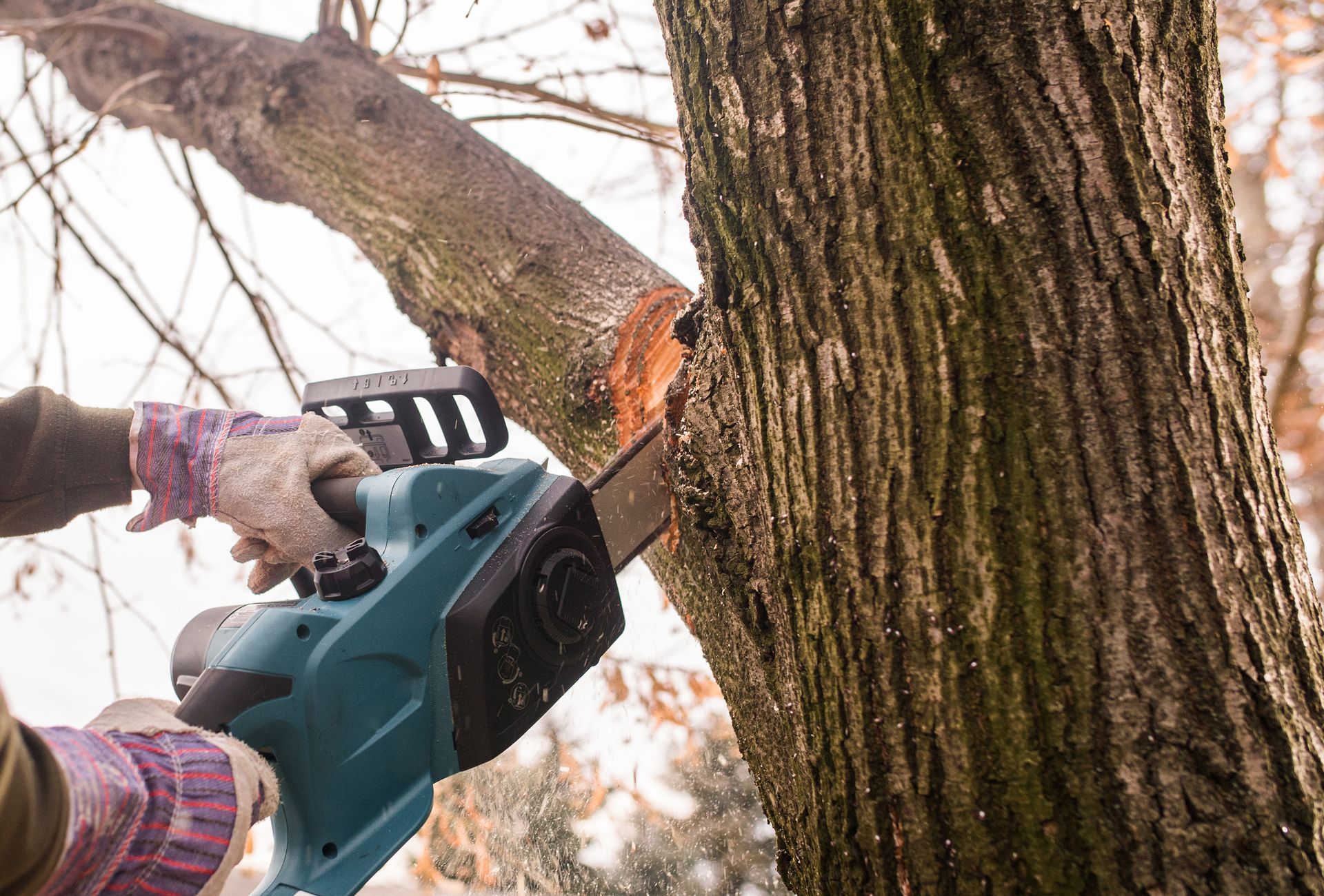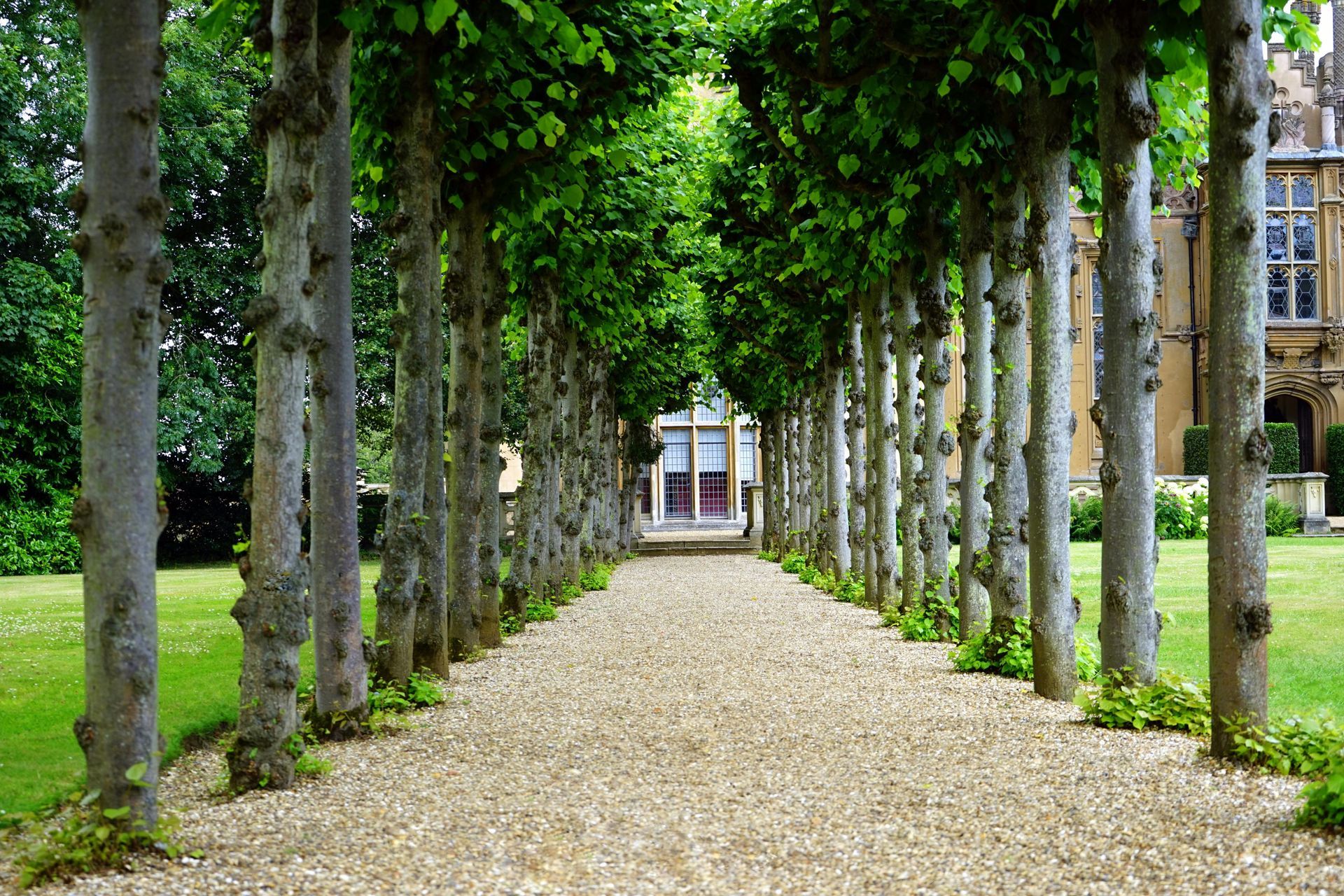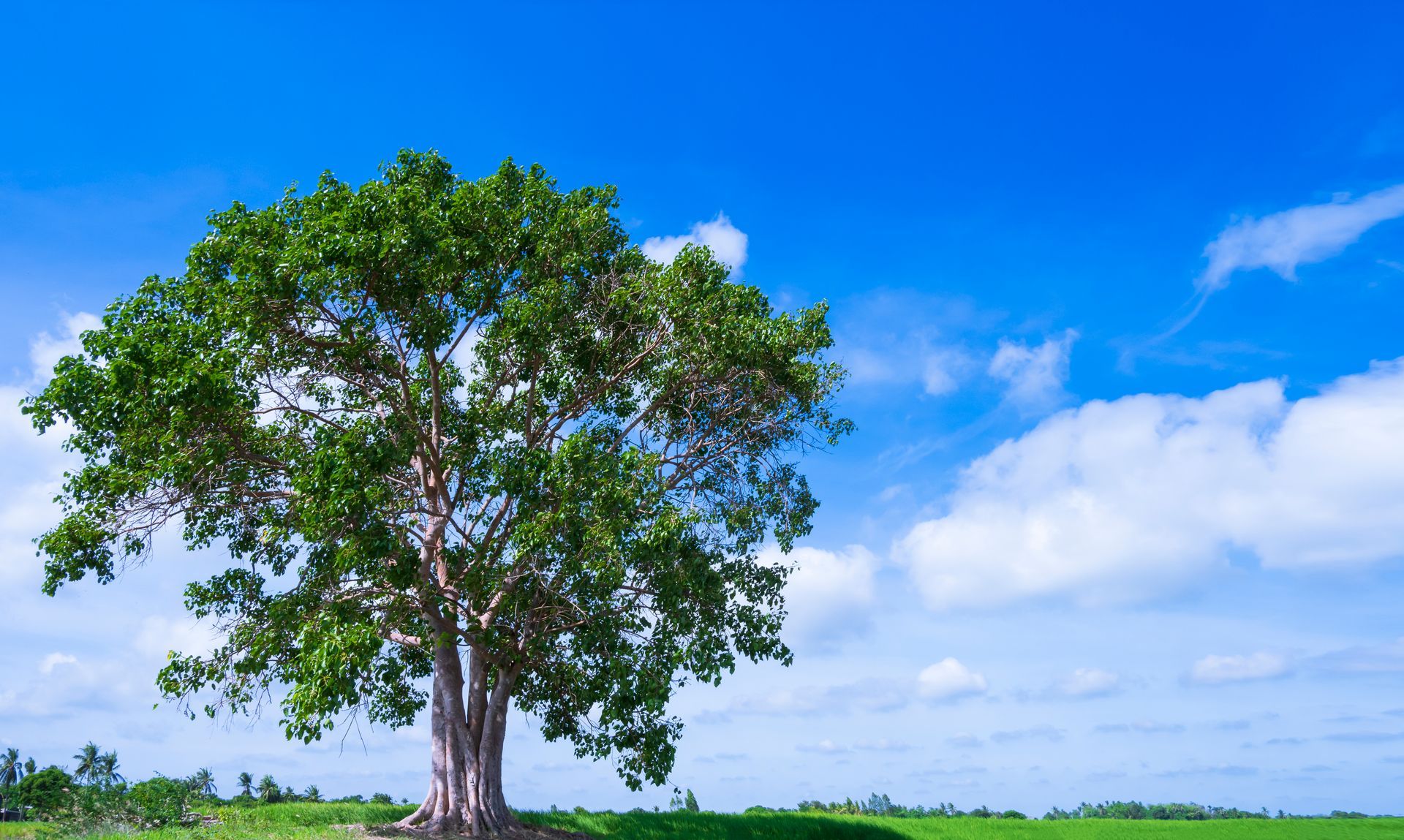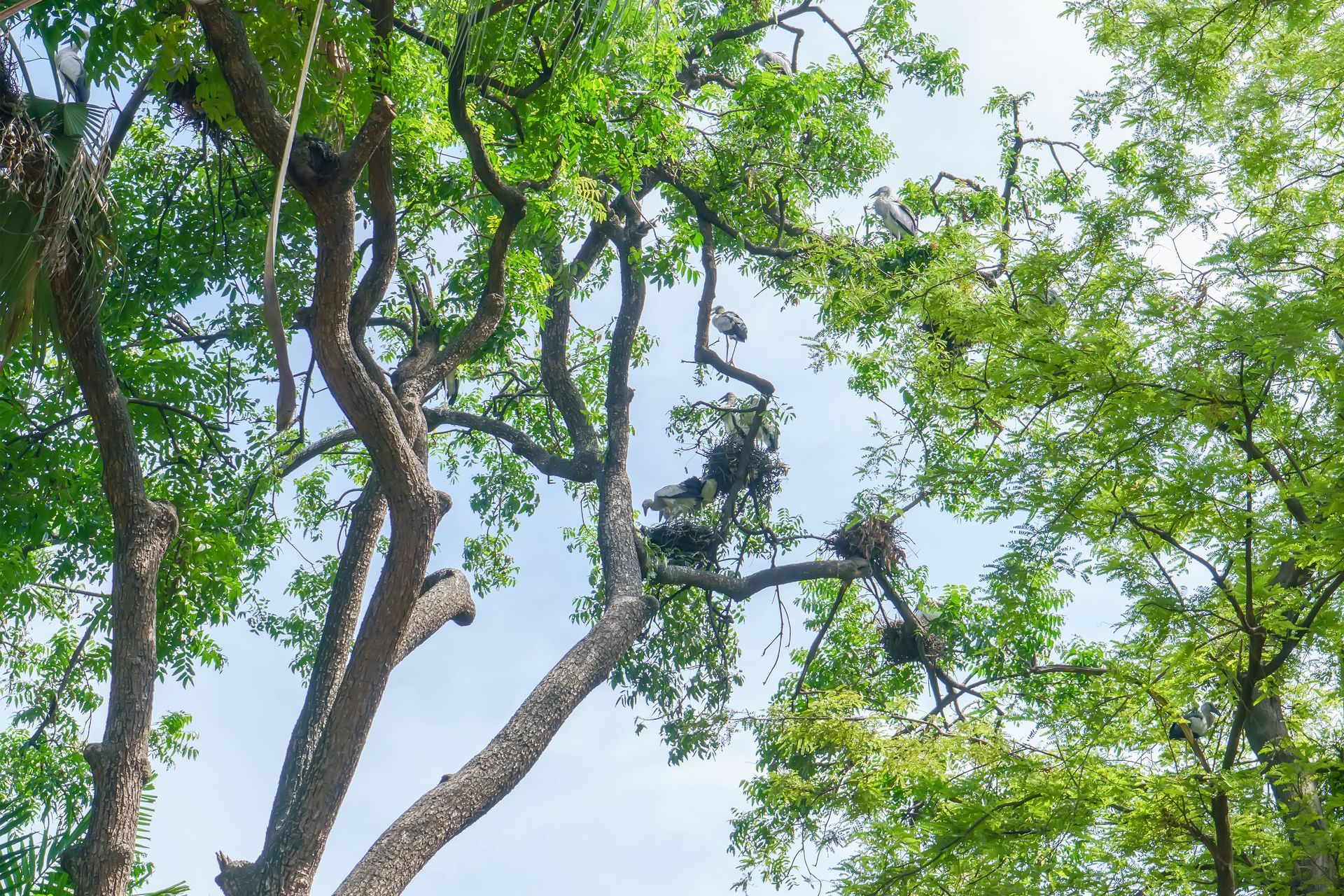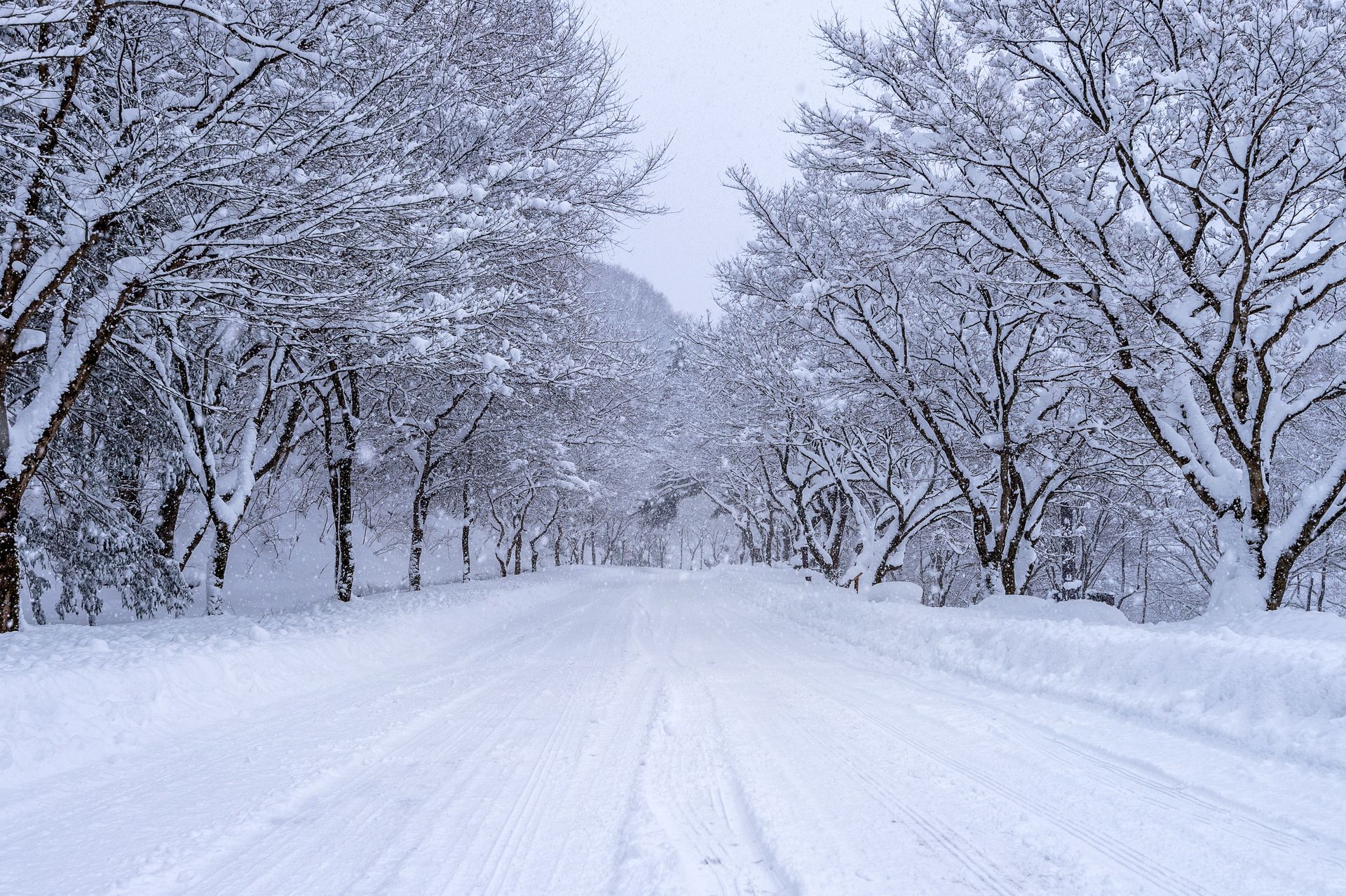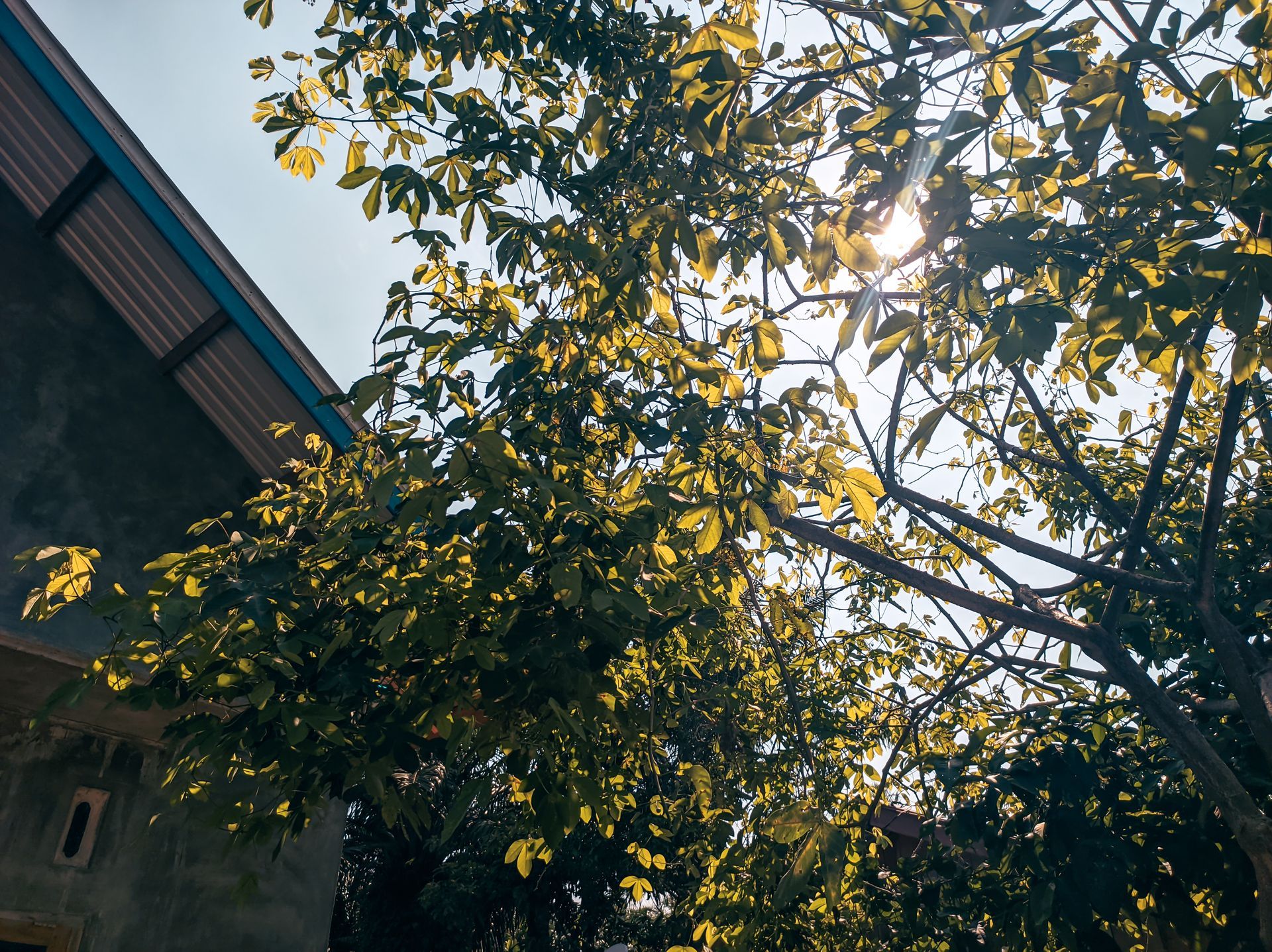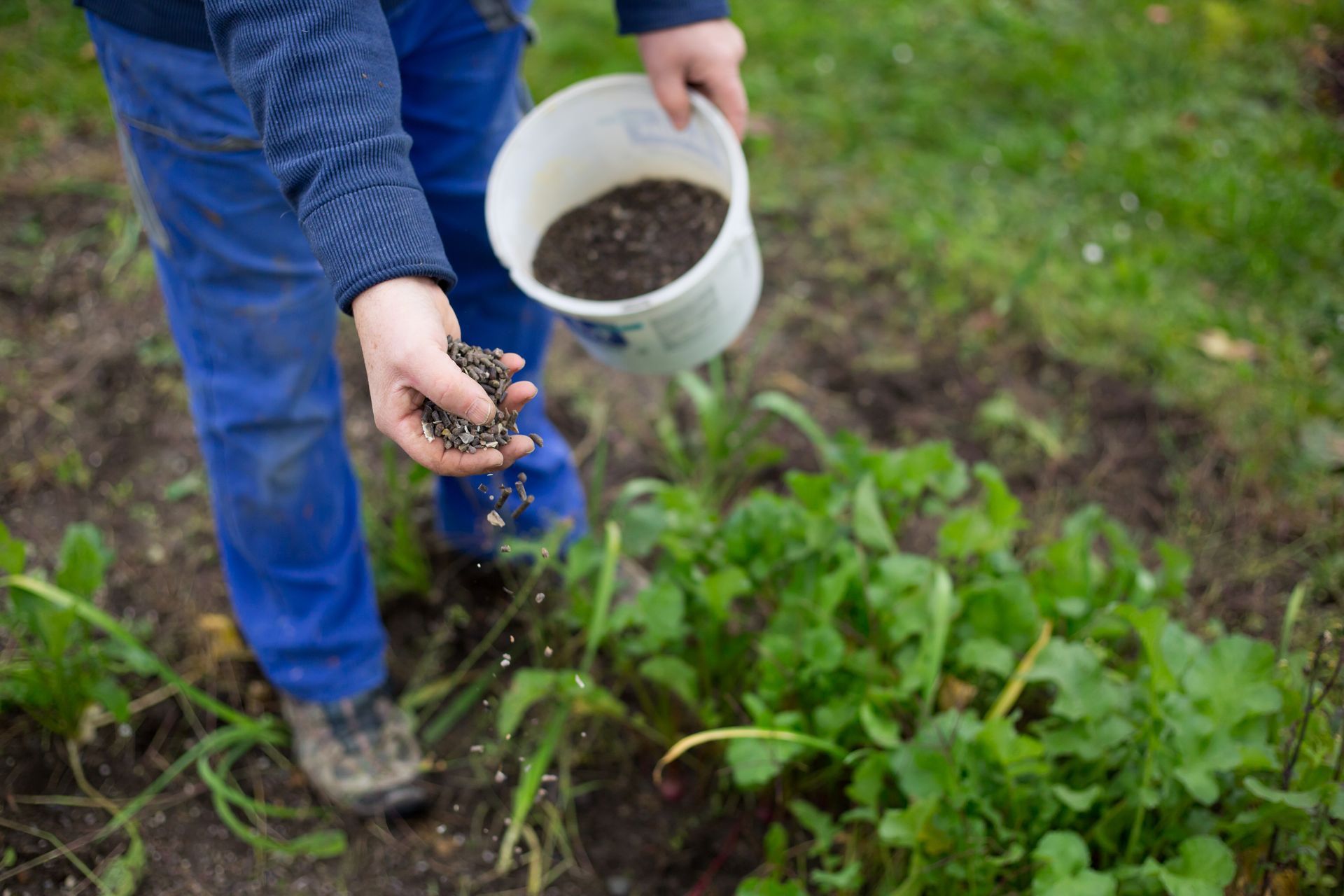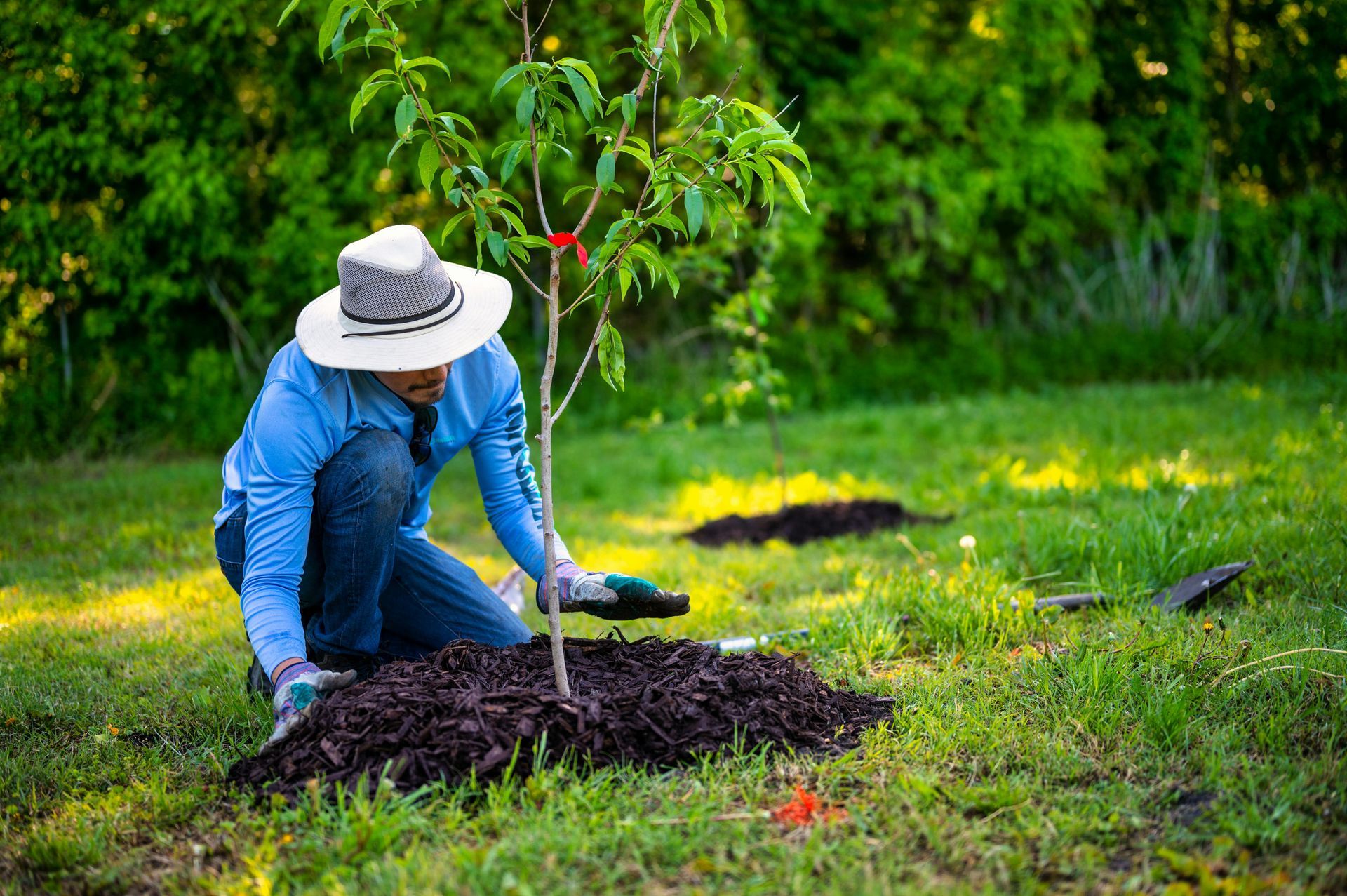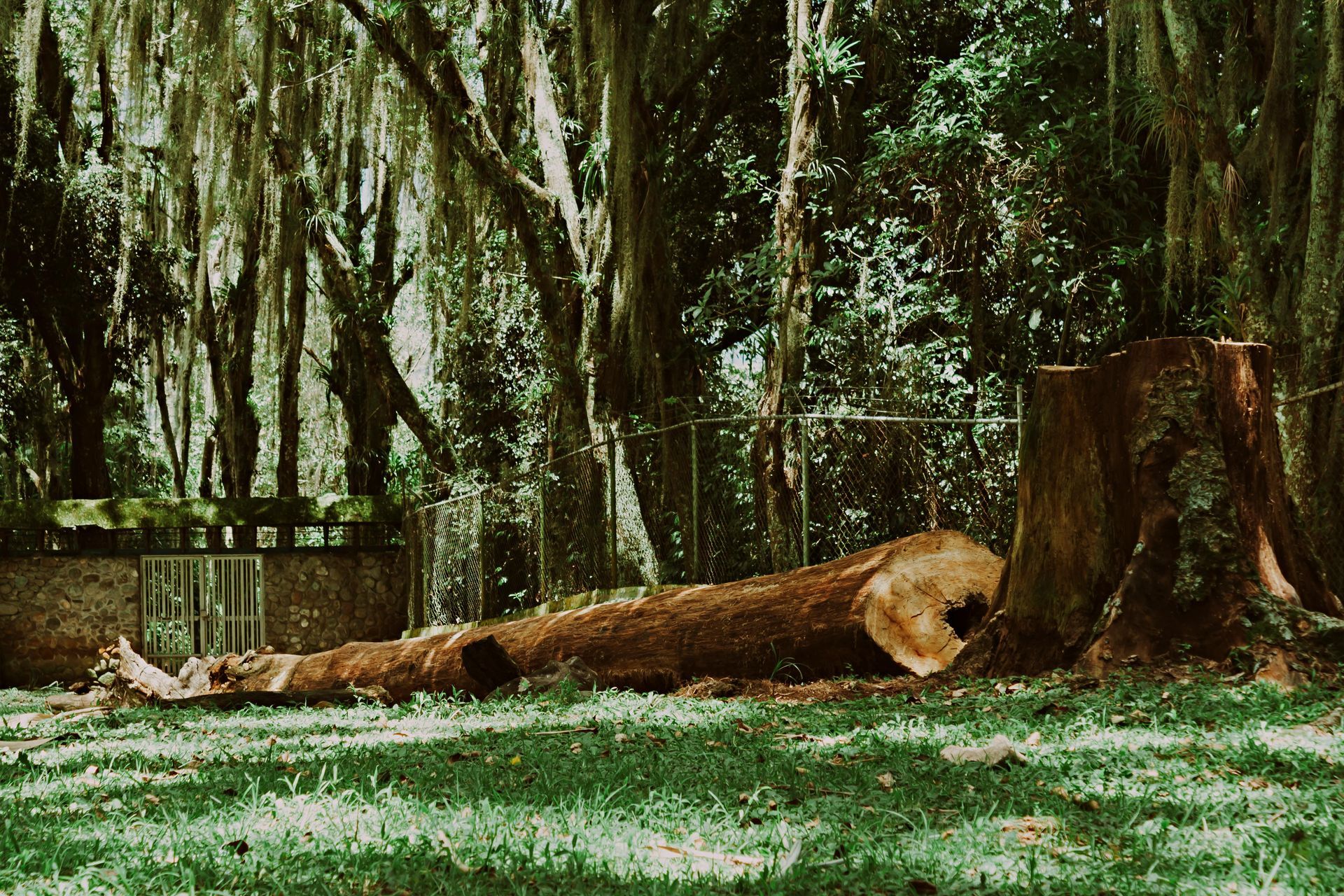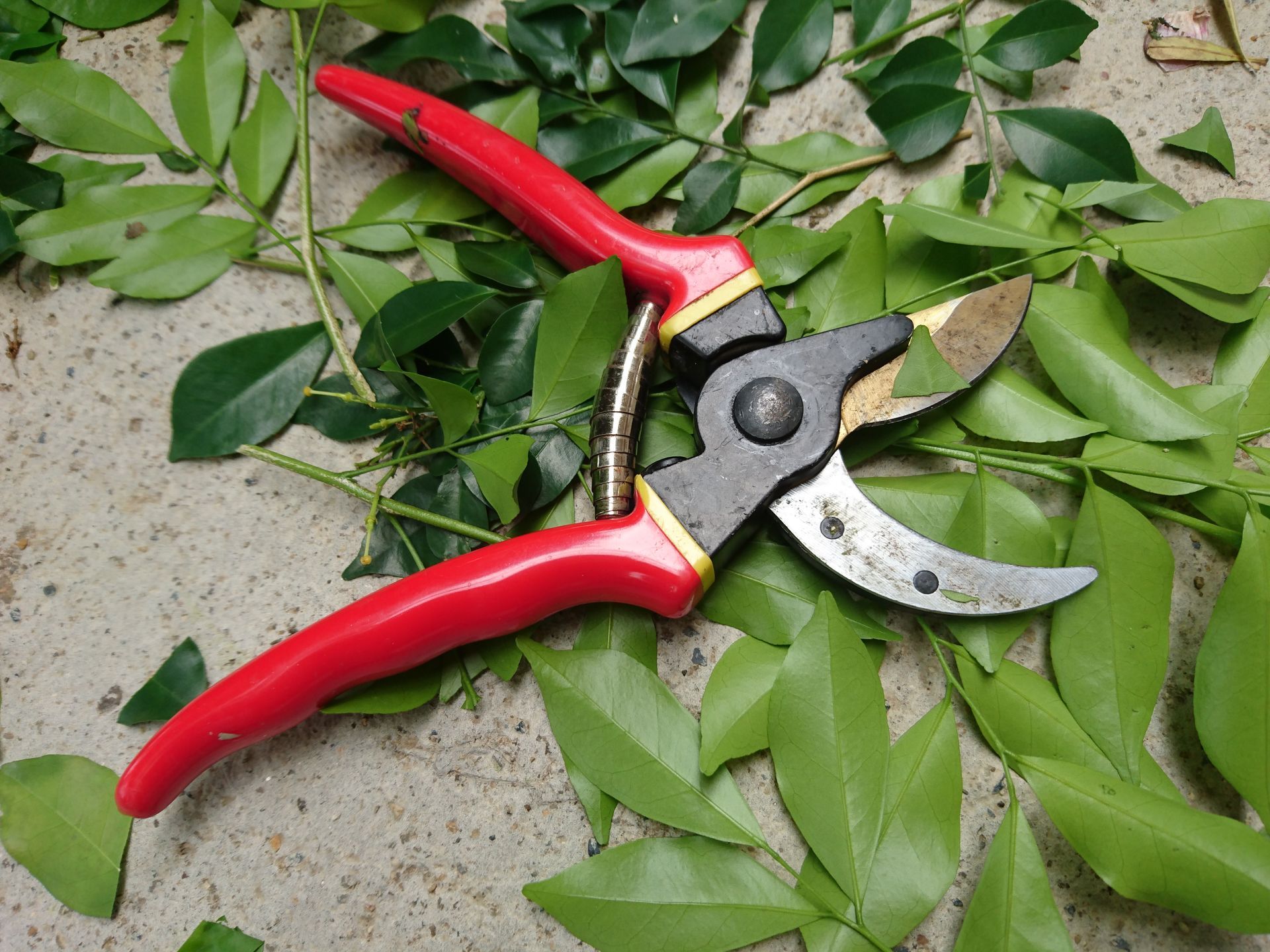Lamb Family Tree Care LLC
Top Benefits of Tree Fertilization for Enhanced Growth and Health
Let’s be real: trees are like the quiet, dependable friends in our yards. They give us shade, boost curb appeal, and ask for almost nothing in return. But even the most self-sufficient trees sometimes need a little boost. That’s where Tree Fertilization Services come in. Whether you're trying to revive a struggling sapling or help a mature oak thrive, using the right tree growth fertilizer can be a game-changer.
In this post, we’ll dig deep (pun intended) into how fertilizing your trees can promote healthy growth, prevent disease, and even make your neighbors a little jealous.
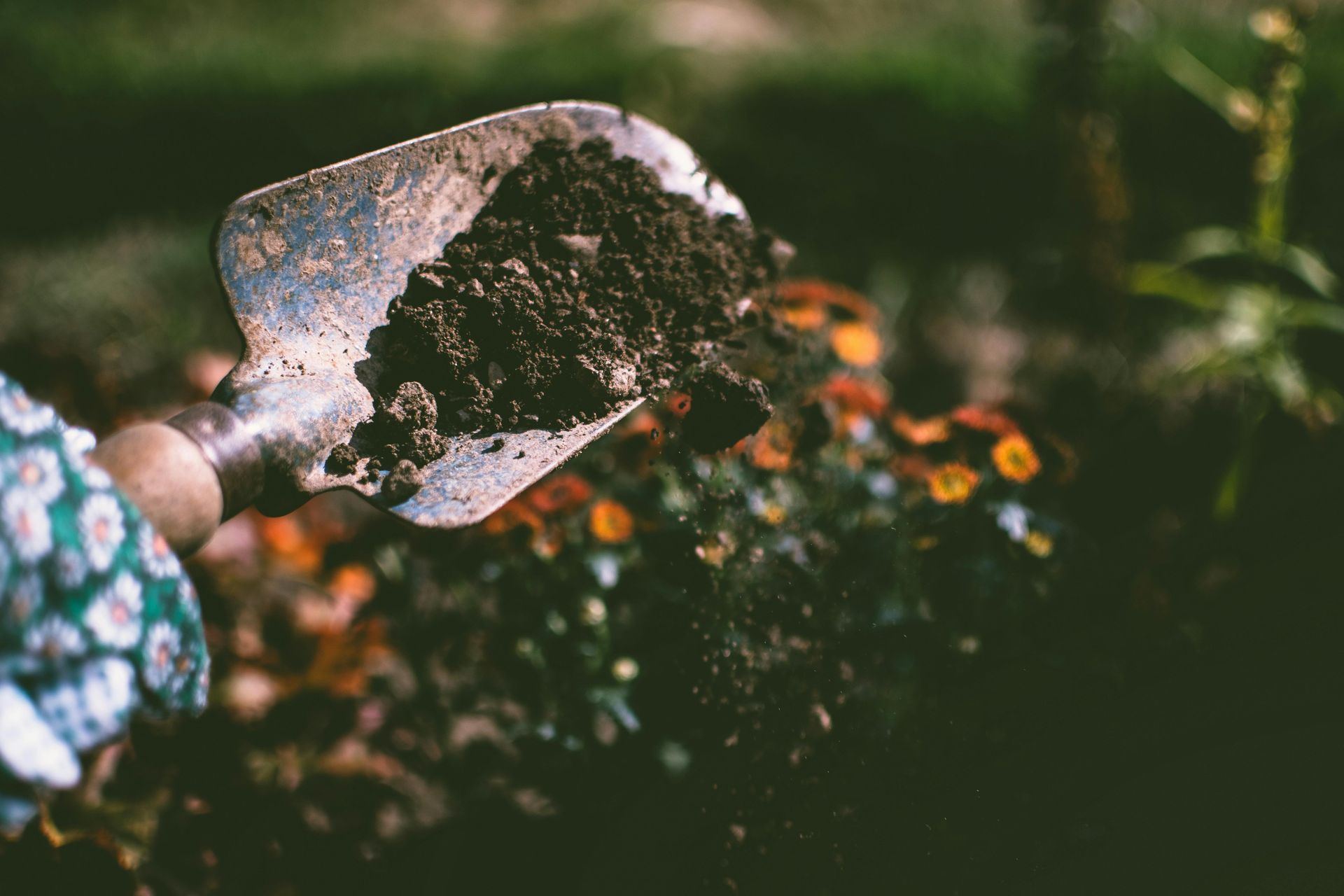
Why Tree Fertilization Matters More Than You Think
You wouldn’t run a marathon on just a granola bar, right? Trees are the same way. While they may look fine on the outside, they often lack essential nutrients, especially if they're living in urban or suburban soil that's been stripped of its natural richness.
Benefits of Tree Fertilization:
- Stronger Root Systems: Fertilization enhances root development, giving your tree a better grip on life (literally).
- Improved Leaf and Canopy Health: Say goodbye to dull, thinning leaves. Hello, vibrant greens.
- Enhanced Resistance to Pests and Disease: A well-fed tree can fight back against infestations and infections.
- Accelerated Growth: Perfect for homeowners who don’t want to wait a decade for decent shade.
And here's the kicker: properly fertilized trees tend to live longer. Who wouldn’t want their green investment to stick around?
Types of Tree Fertilization: Finding the Right Mix
Choosing the right kind of tree growth fertilizer isn’t as simple as grabbing a bag at the hardware store. Different trees have different needs, and the soil in your yard plays a huge role.
Common Fertilizer Types:
- Granular Fertilizer: Easy to apply and cost-effective. Best for long-term feeding.
- Liquid Fertilizer: Quick absorption. Great for trees showing signs of distress.
- Spikes and Tablets: Convenient and mess-free, but offer limited coverage.
- Organic Tree Fertilization: Made from compost, bone meal, and other natural sources. Gentle and eco-friendly.
Why Organic Tree Fertilization Is Gaining Popularity:
- It enriches the soil without harsh chemicals.
- Safe for kids, pets, and curious squirrels.
- Improves microbial life in the soil.
Think of organic options as the green smoothie of the tree world—healthy, sustainable, and a little trendy.
When and How Often Should You Fertilize Your Trees?
You wouldn’t eat Thanksgiving dinner every day (hopefully), and your trees shouldn’t be overfed either. Timing and frequency are everything.
Best Times to Fertilize:
- Early Spring: Kickstarts growth before the growing season.
- Fall: Helps roots store nutrients and prepare for winter.
General Fertilization Frequency:
- Young Trees: Once or twice a year.
- Mature Trees: Once every 1-2 years, depending on health.
- Stressed or Damaged Trees: May require a custom schedule.
If your tree looks like it's in a seasonal funk, it might just be hungry. A soil test can help pinpoint what it's missing.
Professional Tree Fertilization Services: Why It Pays to Call in the Pros
Sure, you could DIY your tree care. But do you really want to haul 40 pounds of fertilizer across your lawn only to realize you used the wrong type? That’s where professional Tree Fertilization Services save the day.
Advantages of Hiring Experts:
- Soil Testing: Professionals analyze your soil and customize the fertilizer blend.
- Targeted Application: Avoids over-fertilization and runoff.
- Tree-Specific Nutrition Plans: Not all trees eat the same.
- Knowledge of Local Conditions: Experts know what works best in your region.
Hiring pros doesn’t mean giving up control. It means giving your trees a better chance to flourish while you sit back and enjoy the shade.
Warning Signs Your Trees Need Fertilization
Sometimes, trees aren’t subtle when they’re struggling. Other times, it takes a trained eye.
Common Red Flags:
- Yellowing Leaves: Often a sign of nutrient deficiency.
- Stunted Growth: If your tree looks the same as last year, it might need help.
- Sparse Canopy: Less foliage = less food production.
- Cracked or Peeling Bark: Can signal deeper issues tied to malnutrition.
Don’t wait until your tree is practically waving a white flag. Preventative care is way cheaper (and less heartbreaking) than emergency removal.
Contact Lamb Family Tree Care LLC for Expert Tree Fertilization in Montville, CT
Give Your Trees the Nutrition They Deserve
At Lamb Family Tree Care LLC, we believe that healthy trees start from the roots up. Our expert team offers professional Tree Fertilization Services in Montville, CT, and surrounding areas. Whether you're interested in organic tree fertilization or need a specialized tree growth fertilizer solution, we've got the tools, knowledge, and dedication to treat your trees like royalty.
We don’t just fertilize and disappear. We offer
comprehensive tree care, including
planting,
trimming, and
removal, ensuring your landscape stays healthy and beautiful year-round. Call us today at
(860) 752-0488 to schedule a consultation. Because your trees deserve better than guesswork.
FAQs
Is tree fertilization really necessary?
Yes! Especially in urban and suburban areas where soil is often depleted. Fertilization helps trees grow stronger, healthier, and live longer.
What is the best tree growth fertilizer?
It depends on the tree species, soil type, and local conditions. A soil test is the best way to determine the right mix.
How can I tell if my tree needs fertilization?
Look for yellowing leaves, slow growth, sparse canopies, and brittle branches. Or just give us a call—we’ll take a look.
Can I over-fertilize a tree?
Absolutely. Over-fertilization can burn roots and cause long-term damage. Always follow guidelines or hire a professional.
Are organic fertilizers as effective as synthetic ones?
Yes, especially for long-term soil health. Organic fertilizers improve soil structure and support microbial life, which benefits tree health over time.
